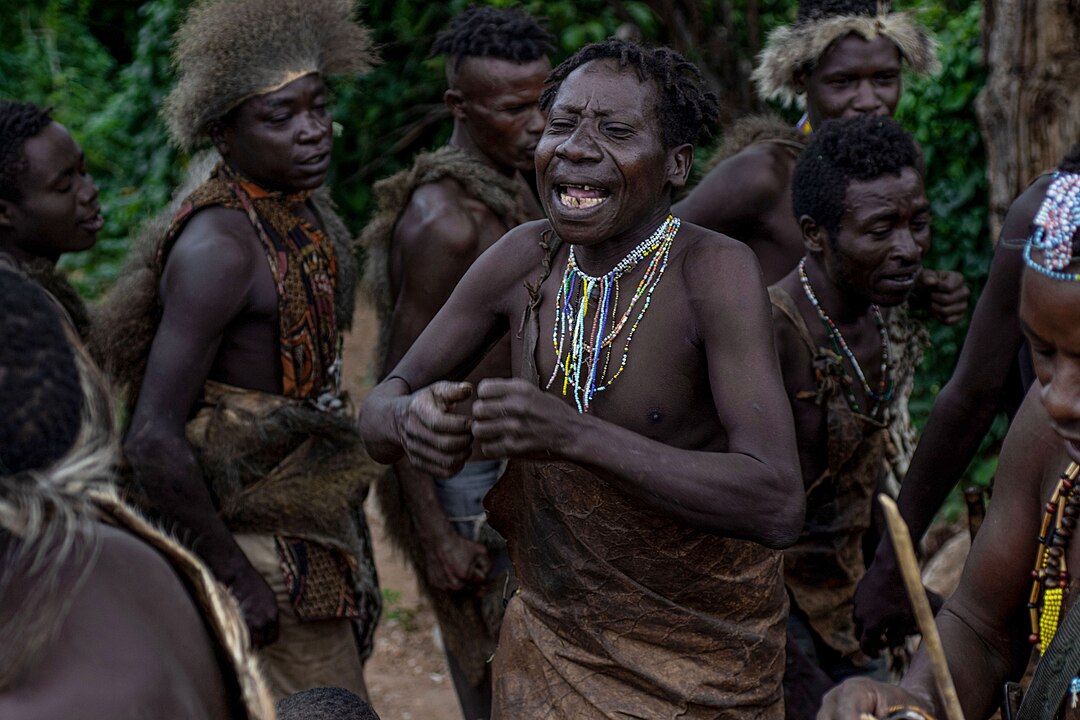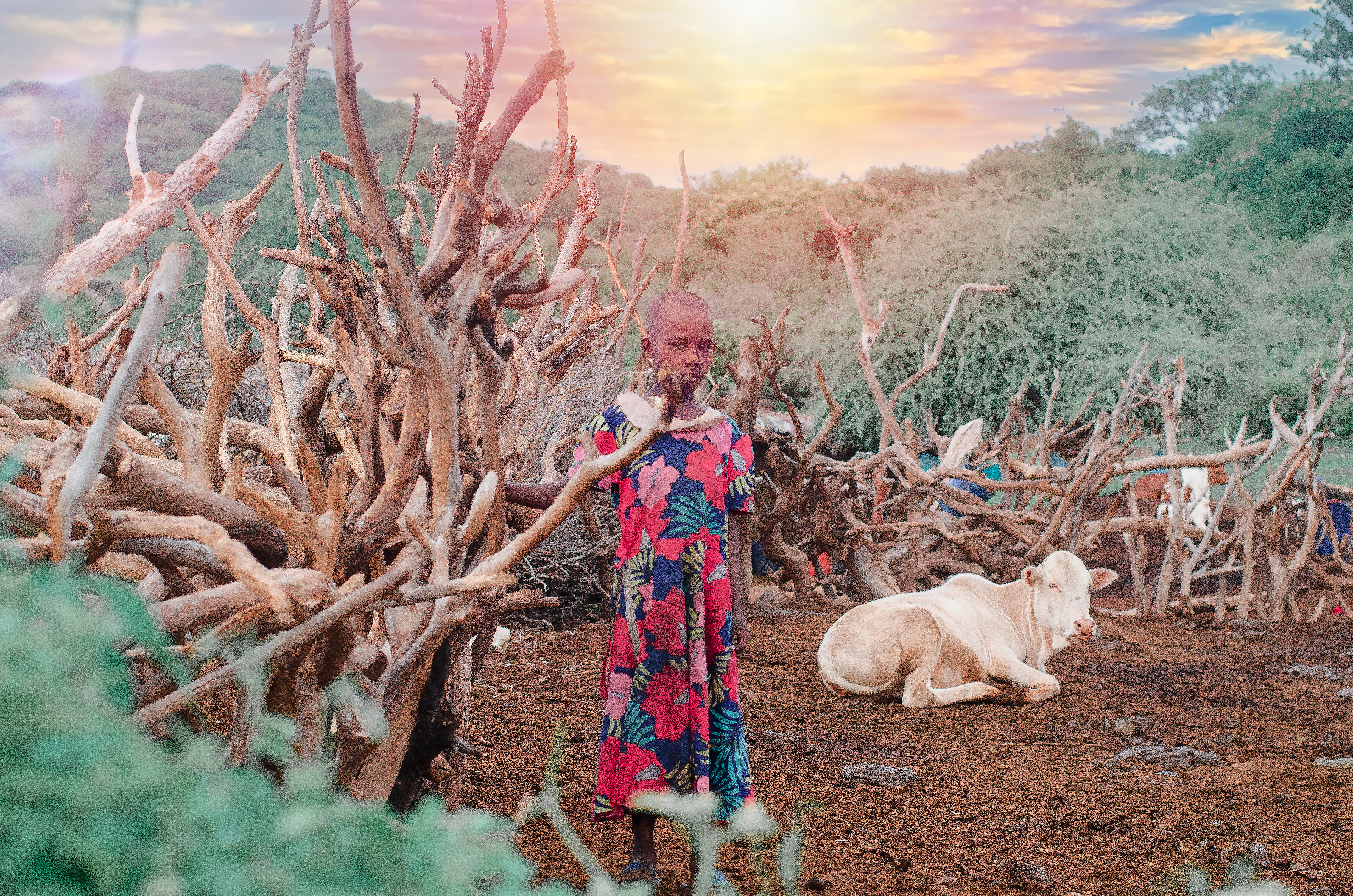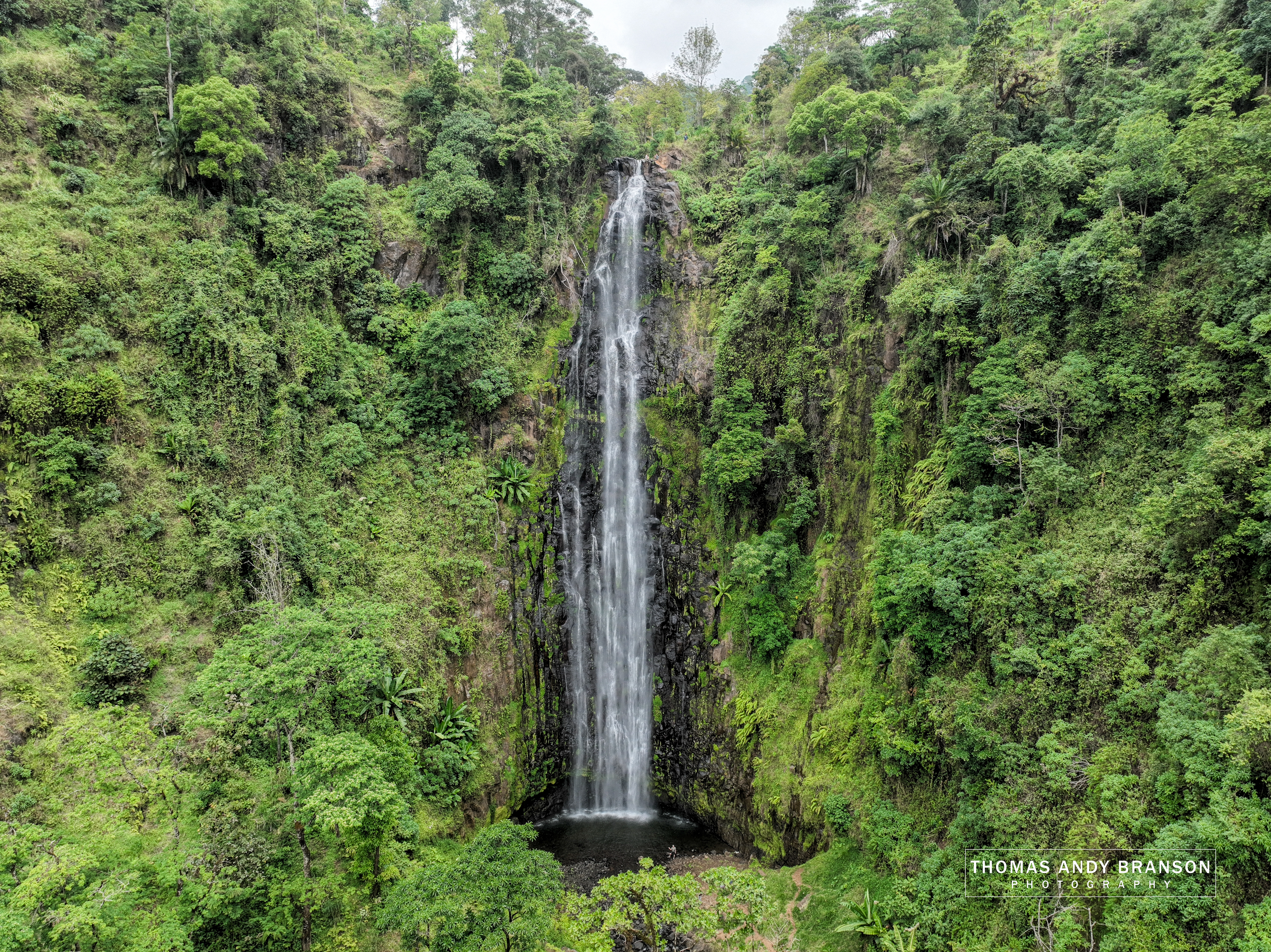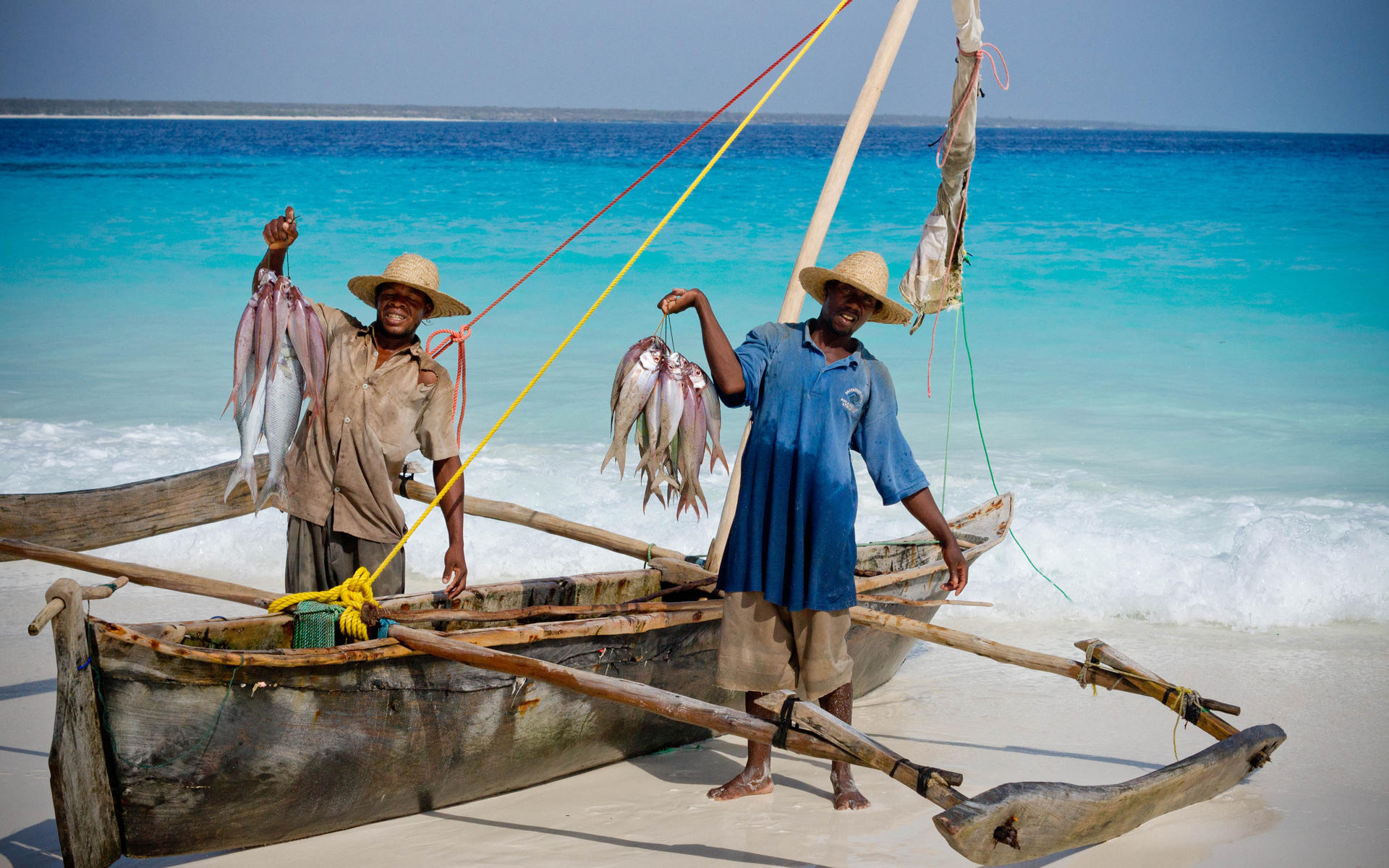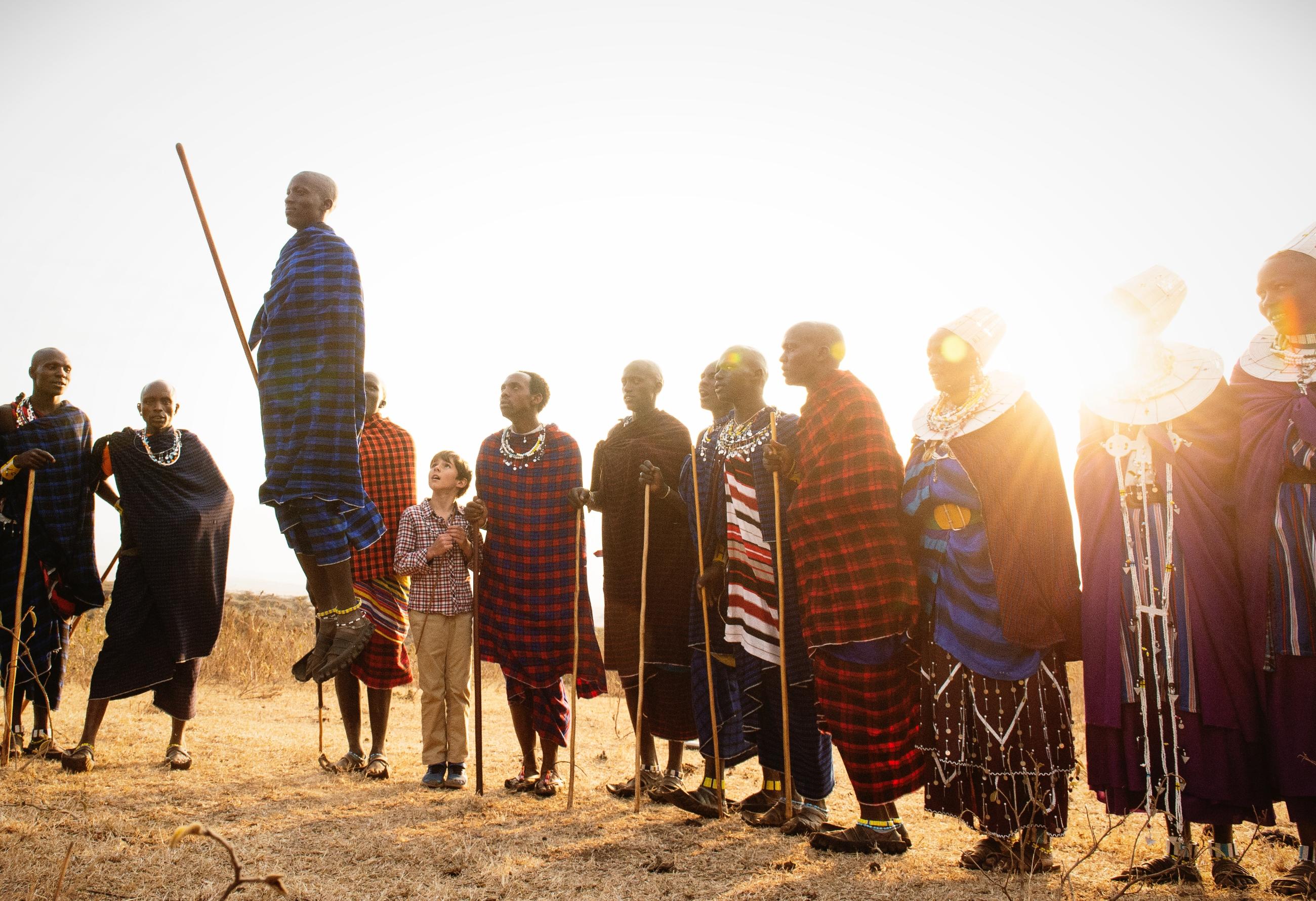
Maasai — Longido & Ngorongoro Highlands
Pastoralist culture known for distinctive dress, beadwork, and age-set traditions. Walk the plains, learn about livestock, try spear-throwing, and share tea in a boma hosted by elders and women’s groups.
- Best: Year-round; mornings/late afternoons
- Notes: We avoid “tourist bomas”; visits are arranged with community reps
